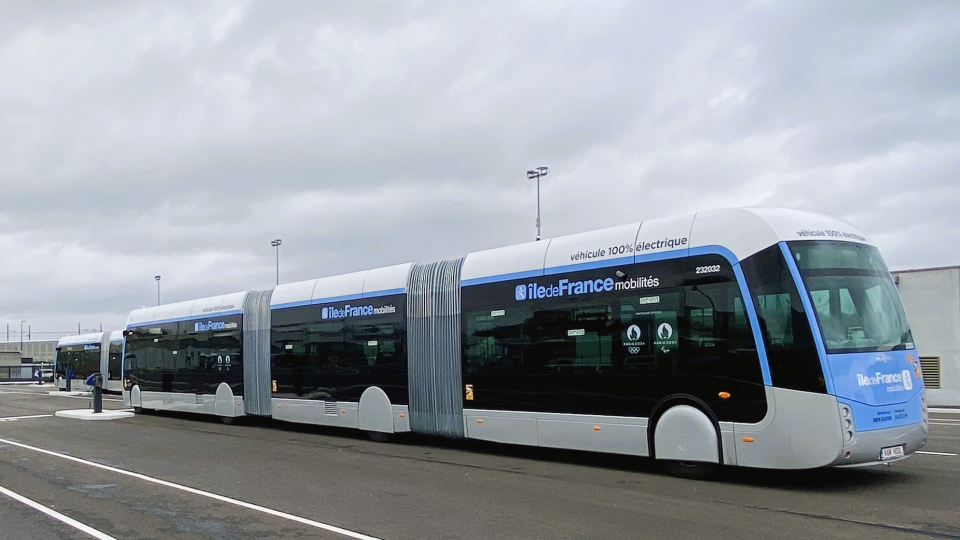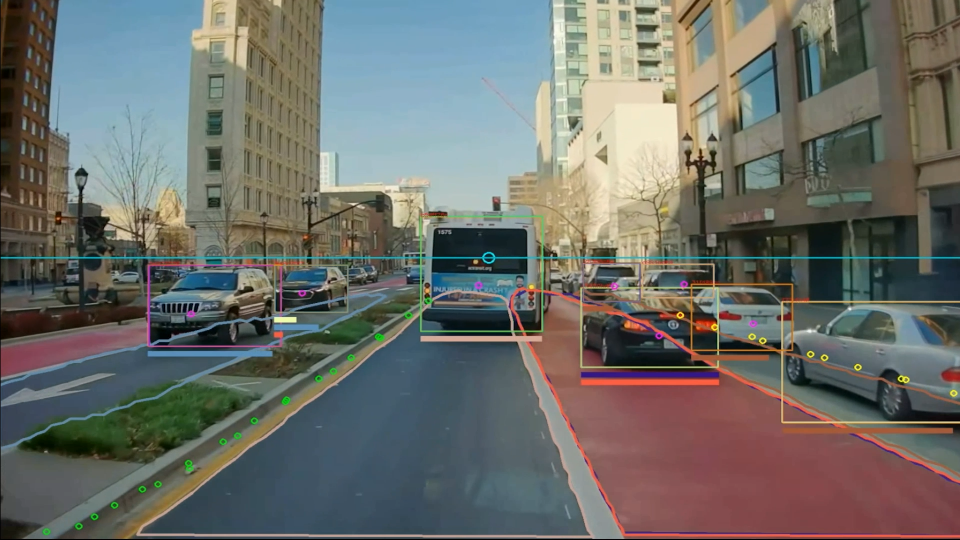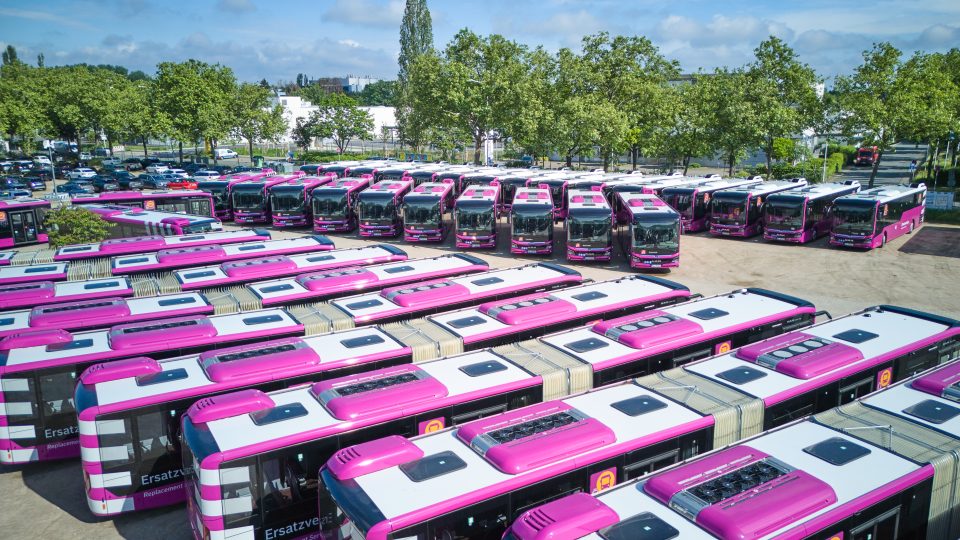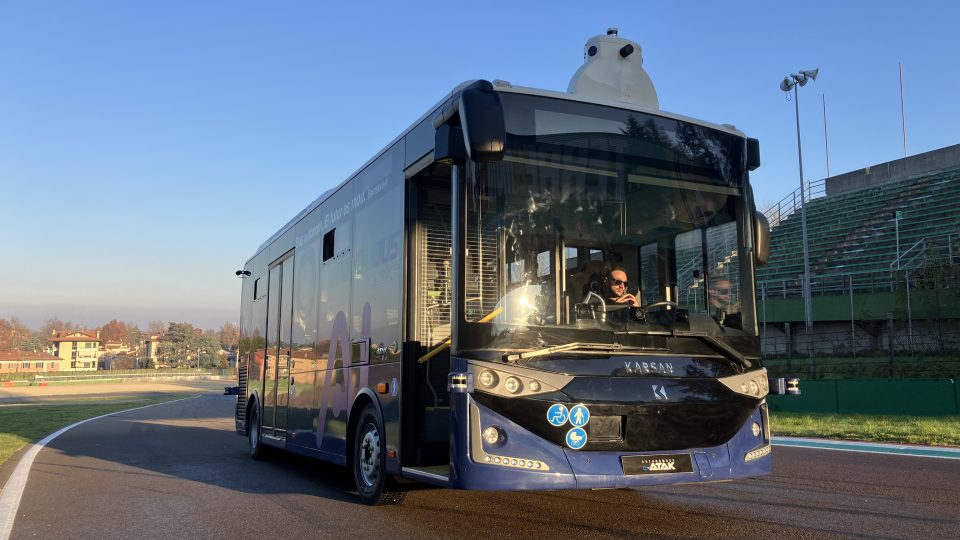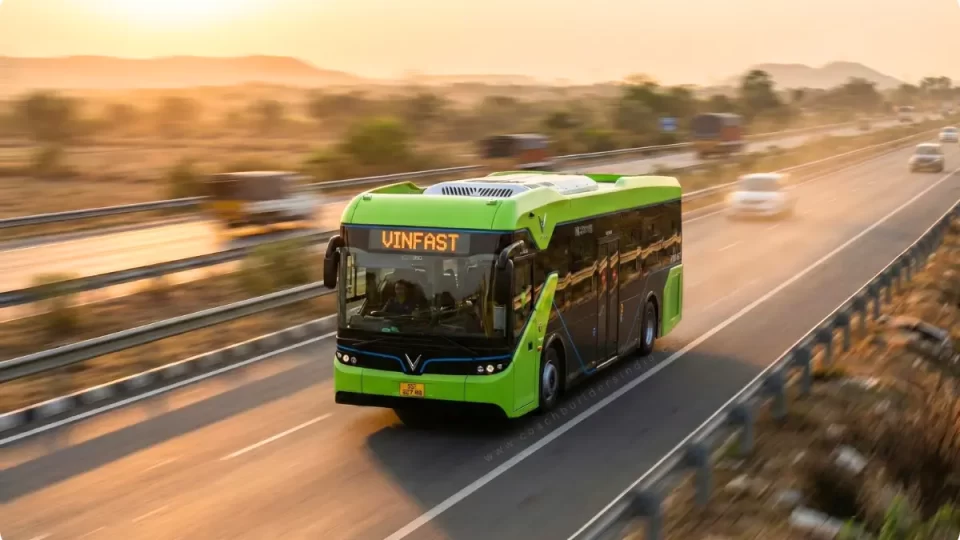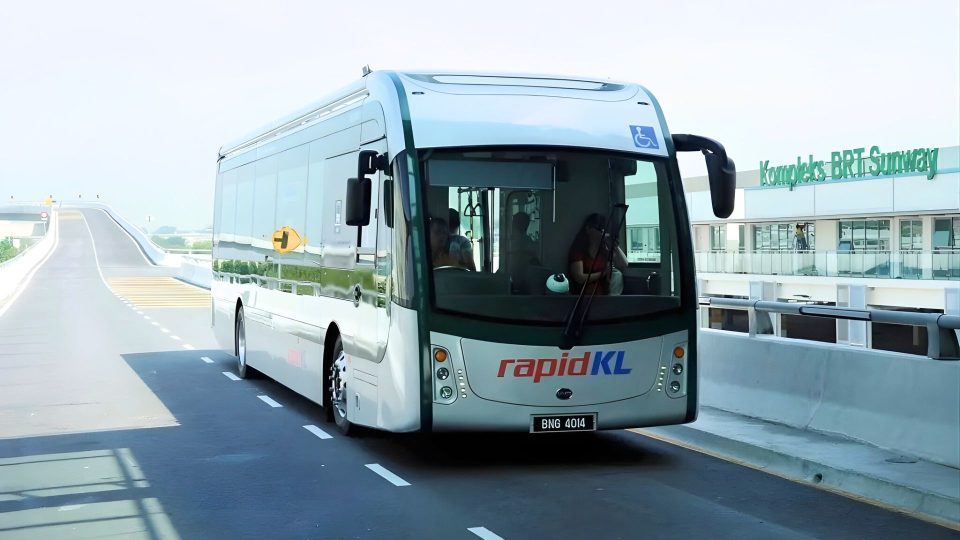VDV urges more reliable federal funding to achieve only zero emission city bus sales from 2030
If the European Parliament and the European Commission prevail over the member states in the current trilogue negotiations, only zero-emission city buses will be allowed to be newly registered from 2030. The German VDV urges more reliable and constant funding from the federal level. “Small and medium-sized bus companies in Germany in particular have no […]
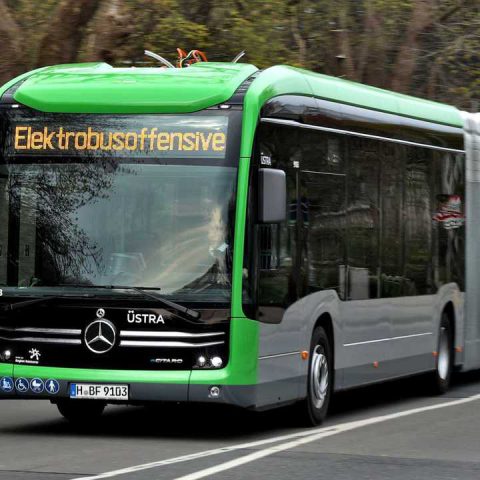
If the European Parliament and the European Commission prevail over the member states in the current trilogue negotiations, only zero-emission city buses will be allowed to be newly registered from 2030. The German VDV urges more reliable and constant funding from the federal level.
“Small and medium-sized bus companies in Germany in particular have no chance of converting their fleets and workshops“, says Vice President Werner Overkamp.
VDV urges funding for e-buses and charging infrastructure
The organization has stressed in a press note that the costs of converting the fleets, the necessary infrastructure such as workshops, charging and safety management as well as the necessary personnel trained in high-voltage technology cannot be backed at municipal level.
As part of the EU regulation, intercity buses will have to reduce their CO2 emissions by 45 per cent from 2030 compared to 2019 – as a measure to achieve EU climate neutrality by 2050. “The switch to emission-free city buses by 2030 as required by the EU and the ambitious CO2 reduction targets for intercity buses not only mean that our transport companies need new vehicles, but also pose considerable infrastructural challenges: the investments in e-buses, combined with the expansion of the charging infrastructure, the adaptation of depots, workshops and network connections, far exceed the financial capacities of transport companies and local authorities. Without significant financial support from the federal government – specifically the resumption of subsidies and funding for the switch to e-mobility – these important steps towards achieving climate neutrality cannot be realised,” still Werner Overkamp.
“We have to make it clear: If the federal government co-decides at EU level to only allow climate-neutral city buses by 2030 and to reduce CO2 emissions by 45 per cent for other bus fleets, then these are climate protection policy decisions that we support,” says VDV Vice President Werner Overkamp. “At the same time, these requests are in marked contradiction to the financial support from the federal government, which has clearly been discontinued. Small and medium-sized bus companies in Germany in particular have no chance of converting their fleets and workshops. They are also unable to increase fares or make alternative business decisions. This has two effects: Diesel buses that are actually being phased out will have to run for much longer if transport companies are in need. That’s why we need to have reliable federal funding for e-buses and their infrastructure.”


